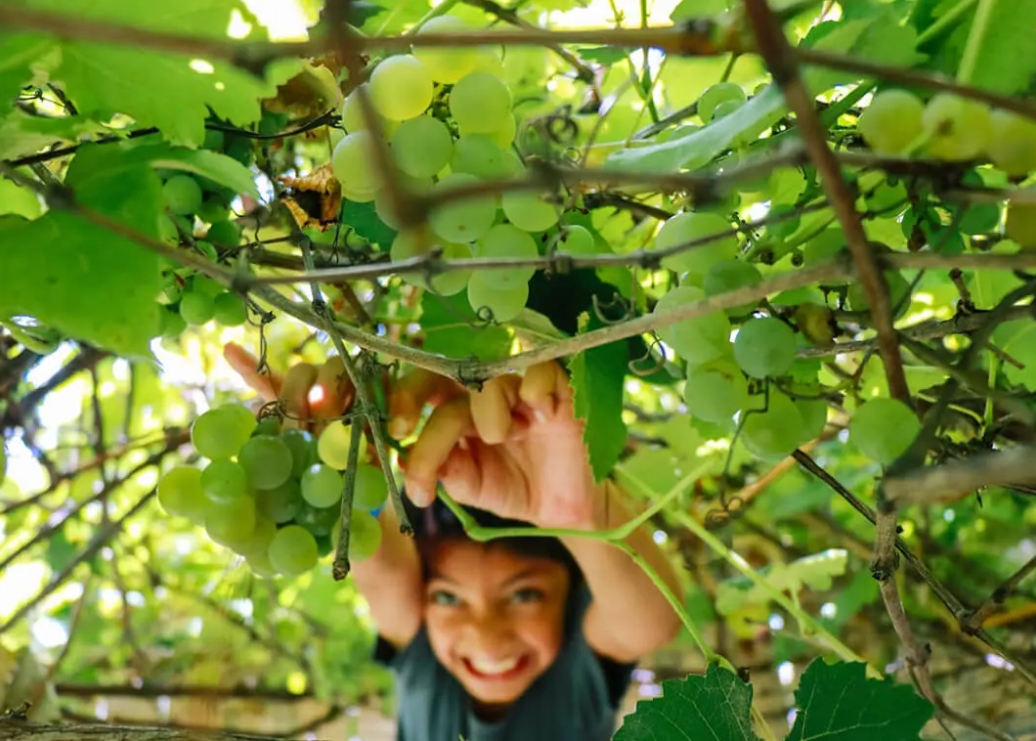Pruning to Care for the Vine
Years ago, my spiritual director offered a metaphor for the season of life that I was in as a time of pruning. Back then, I was experiencing some losses, and she gave me an important way to reframe what I was experiencing not simply as loss and grief, but as an opportunity for new growth. Since then I have recognized the truth in the Ignatian idea that times of death and loss (what we could call Week Three experiences) are followed by seasons of new life (Week Four experiences). In everyday life too I have to consider what to grow and what to prune back.
I do not own a vineyard here in Boston, but I do have grapes. We mostly have our two Concord grape vines in order to drape the fencing alongside the house with leaves and offer some visual interest. The birds seem to get the grapes before we do, or maybe it is the groundhog, the skunks, the opossum, or one of the other varieties of Boston wildlife. Nonetheless, I try to take care of my grapes. Grape vines grow very quickly; they need to be pruned regularly. Many times, I have come back from a summer family vacation only to find that the grape vines are everywhere, and I must pull down long vines that have climbed up and over the fence and onto my neighbor’s dogwood tree.
Without pruning, the vines will not bear any fruit. They will put their energy into just more leaves and not grapes. But we also need some leaves and vines well-tended to get enough energy for fruit. It is a question of balance.
The Biblical authors lived when and where people knew of the importance of pruning back vines to care well for a vine. Many of us may be familiar with the idea of spiritual pruning, which is when we apply this image back to ourselves, not only in the big events of life but also in discerning how to live out our everyday responsibilities. What do we need to do to make sure that we are not putting energy into things that do not matter and that take us away from God’s call? We all need to shop, as the often-full parking lot at my local grocery store will attest. But when does shopping as recreation become a cultural vice that takes us away from more meaningful time with family or friends? We all want to share news of family and friends with other family and friends. But when does what we choose to share turn into harmful gossip? We all need to work, but when does work itself become excessive and distract from our need to care for ourselves and others through rest and recreation?
St. Ignatius offers us some ways to discern, so that we can choose thoughtfully from among the many goods that we are offered and prune back if need be, so that we can go and bear fruit as God’s partners in the world.
